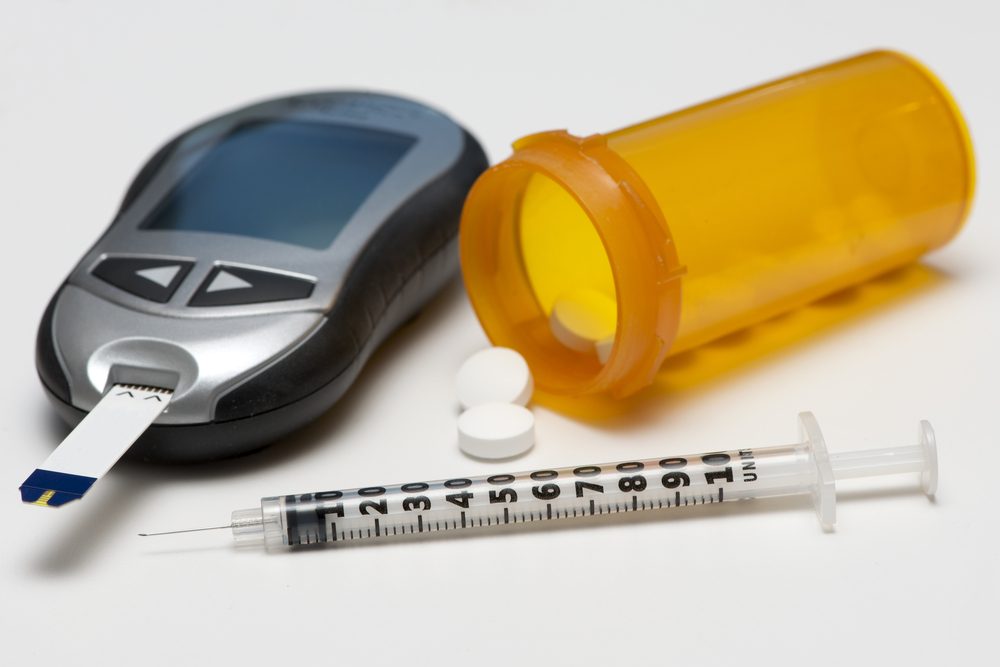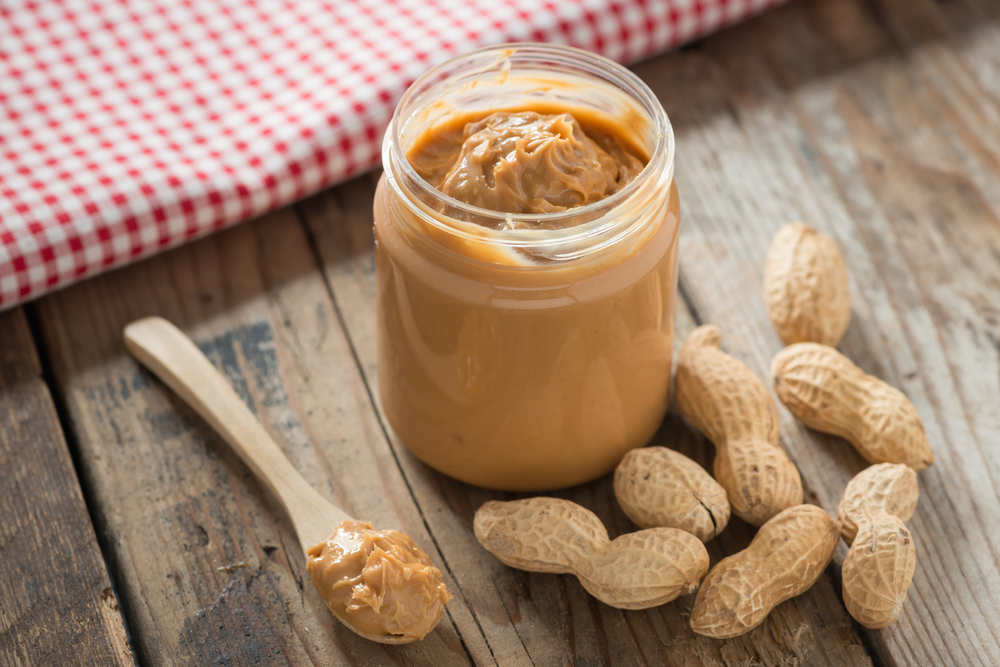Bad news for people out there who are concerned about their cholesterol levels is that a diet high in sugar makes your liver synthesize more bad cholesterol (LDL) and lower good cholesterol (HDL) in the blood. They also raise triglyceride levels, increasing the risk of heart diseases.
Impact of sugar on cholesterol levels
Sugar has damaging effects on the heart it is important for everyone to be aware of the fact. According to research studies, it has a negative impact on your lipids, your body weight, and your risk of diabetes. Sugar has no nutritional benefits; it only fills your body with calories.
A diet high in sugar makes your liver synthesize more bad cholesterol or Low-density lipoprotein (LDL). Consuming sugary reduces the level of good cholesterol or high-density lipoprotein in your body. Having sugar in excess amount increases triglyceride levels (a type of blood fat) in your bloodstream.
HDL cholesterol- The good cholesterol works to take up the bad cholesterol, LDL from the bloodstream, transport it to the liver, and ultimately released out from the body. It is recommended to have HDL levels be at 40 mg/dL. However, the higher your HDL levels, the better will be your health. Along with reduced sugar intake, regular physical activity and weight management have shown to significantly improve HDL levels.
Triglycerides- Sugar intake has also been shown to increase the level of triglycerides in your body. Triglycerides are a type of fat stimulate your meals and circulate in the blood when the body requires energy between meals. A diet rich in vitamins and omega three fatty acids along with weight management can lower triglycerides to the appropriate level of 150mg/dL. A cholesterol diet can also reduce lower triglyceride than the recommended levels.
Beside the disturbed cholesterol levels; high sugar intake also increases the risk of heart diseases. Therefore, reducing sugar intake is valuable to over health and well being.
Effect of sugar on body’s metabolism
When you eat sugar, there is a quick rise in your glucose reported. This, in turn, causes an immediate spike in the fat storage hormone called insulin. It is believed that the more sugar you consume the more insulin you release, which means more fat you build up. When there is an accumulation of fat in your body, you become more resistant to insulin. So you produce more insulin, which results in more fat storage. This vicious cycle may lead to health complications such as pre-diabetes and diabetes, metabolic syndrome, and weight gain.
Reduce sugar intake to maintain cholesterol levels
- Say no to pastries-Cutting packaged pastries from your diet is one of the easiest, yet hardest ways to reduce sugar intake. Saying to pastries may be difficult for someone who particularly loves sweetened dishes, but avoiding their intake can save on hundreds of calories. If you desire to eat pastries, then you can make them in your kitchen by adding sugar-free ingredients into it.
- Recognize the hidden sources-There are many products that can hide its sugar addition quite smartly. Added sugar may even be canned fruits and vegetables, meats, granola bars, and salad dressings.
- Beware of foods with a label of “healthful”- Some packaged foods, those are specially labeled as low fat, fat-free, gluten-free may attract you as they look healthy on the outside but may be loaded with sugar. Here it is important to know that such products contain a tremendous amount of sugar to compensate for the elimination of other components.
- Check for the nutrition facts label-Nutrition facts label on packaged food items is a valuable tool to identify the sugar content.
- Look the ingredients-Along with the nutritional facts label, look the ingredients in the product as the ingredients hold a significant value. Consider choosing products with minimal ingredients that include the addition of sugar. In some packaged products, sugar may also be listed as high fructose corn syrup, cane sugar, agave nectar, and other forms on the ingredients label.
Avoid these cholesterol foods to maintain appropriate levels of cholesterols in your body.



